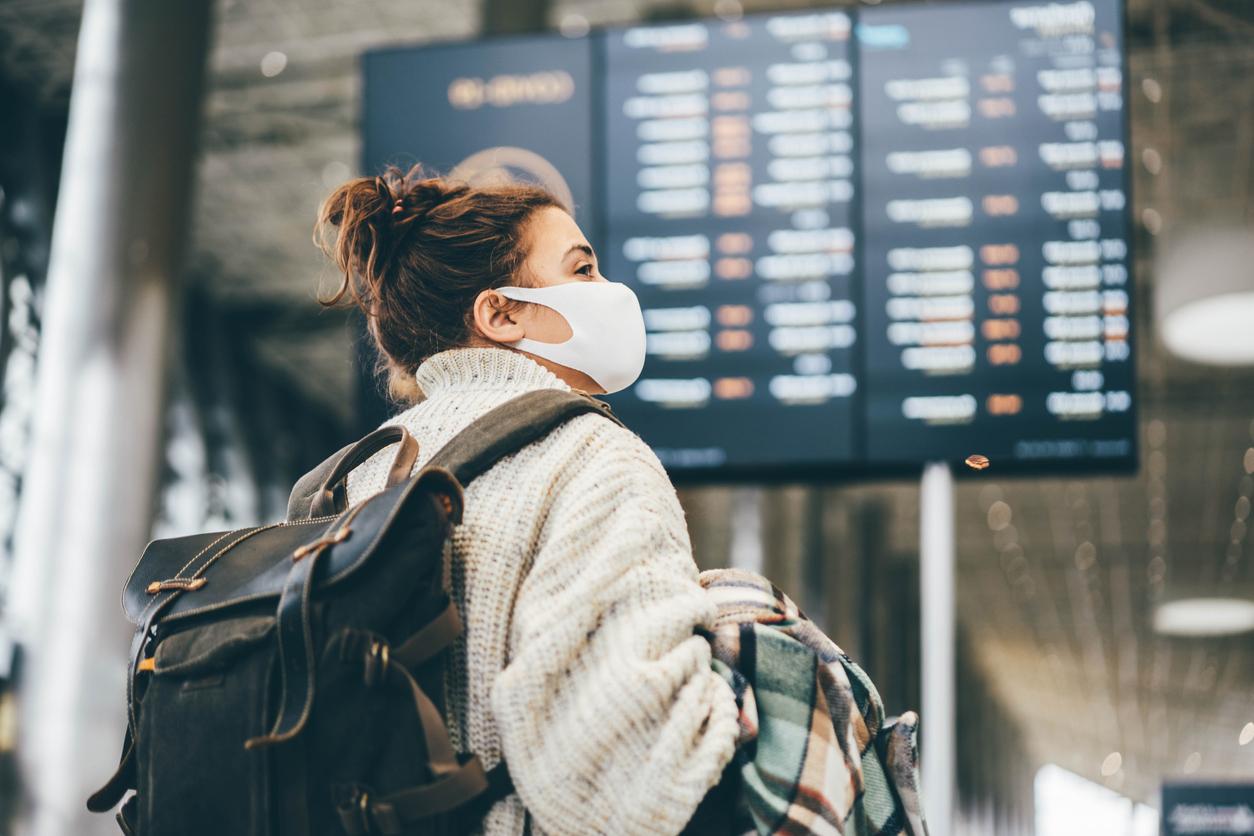The pace of COVID-19 activity continues to drop, with deaths also falling, but at a slower rate, the World Health Organization (WHO) said today in its weekly update.
The decline in infections comes amid ongoing fluctuations in Omicron subvariant proportions, with most countries reporting a mix of circulating subvariants.
All regions see drops in cases
Last week, the WHO switched from reporting 7-day trends to reporting 28-day trends to more accurately portray whether COVID-19 activity is picking up or slowing. It included the caveat that its trends underestimate true levels of disease, due to reduced testing and delays in reporting. Compared to the past 4 weeks, cases declined 89%, and deaths were down by 8%. The previous 28-day period was dominated by China's surge, which has shown a steady decline.
Cases declined or held steady in all six WHO regions, with the sharpest drop in the Western Pacific and a small decrease in the Eastern Mediterranean. Though deaths were down in three regions, they rose in three: the Eastern Mediterranean, Africa, and the Americas.
Countries reporting the most cases over the past 28 days include China, Japan, the United States, South Korea, and Brazil, with all five of the countries reporting decreasing activity. The three countries reporting the most deaths were China, Japan, and the United States.
In its variant update, the WHO said the Omicron BA.5 subvariant and its related lineages are still dominant, accounting for 53.9% of sequenced samples, down from 74.2% in the previous reporting period. BA.2 and its related subvariants remained stable, but recombinants—mostly XBB.1.5—rose in proportion, from 8.8% to 24.6%.
The WHO said it is closely tracking four Omicron variants that seem to have a transmission edge or fitness advantage. They include BF.7, BQ.1, BA.2.75 (which includes CH.1.1), and XBB (which includes XBB.1.5).
Some countries adjust booster policies
Australia's vaccine advisory group today recommended that adults ages 18 and older receive a fifth vaccine dose if they haven't received a dose or been sick with the virus during the previous 6 months. They also recommended a booster dose for children and adolescents ages 5 to 17 who have underlying health conditions. Officials said any COVID-19 vaccine can be used as a booster dose, but the updated bivalent mRNA shot is preferred.
Elsewhere, the United Kingdom's Health Security Agency (HSA) said this week that booster doses will no longer be offered after Feb 12 and that future booster doses may be offered to those at higher risk.





















